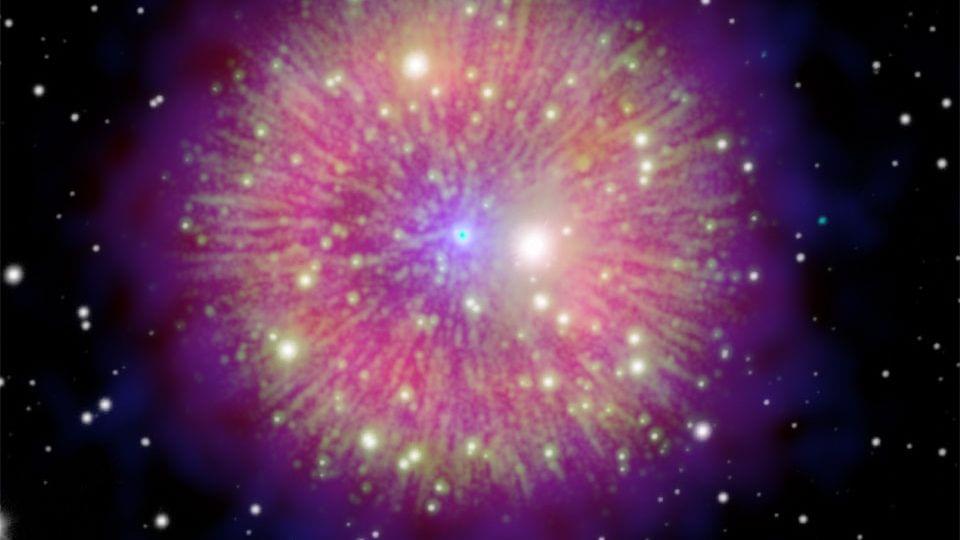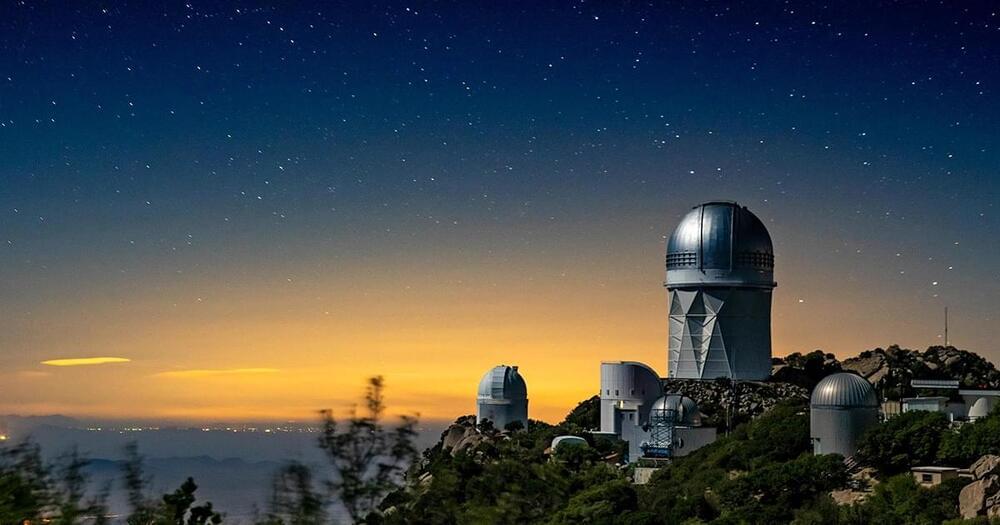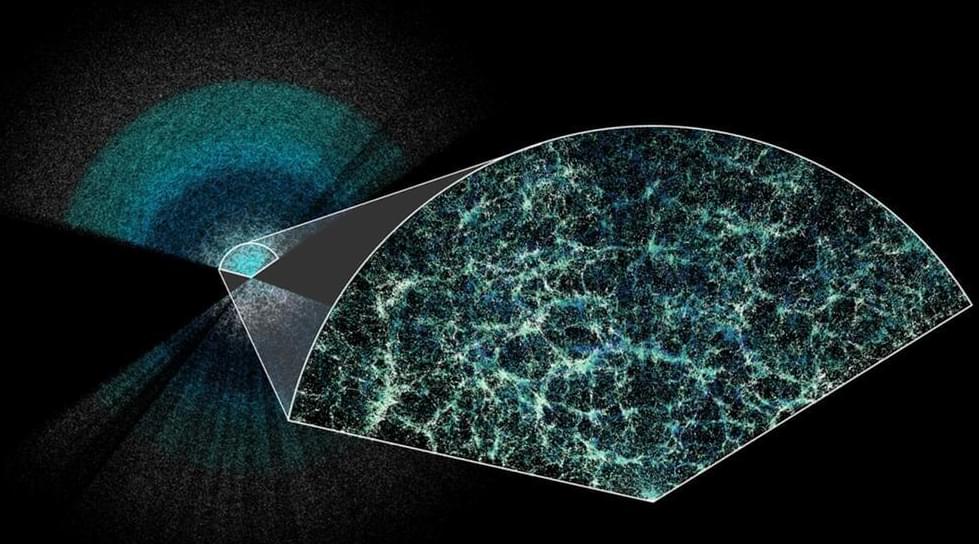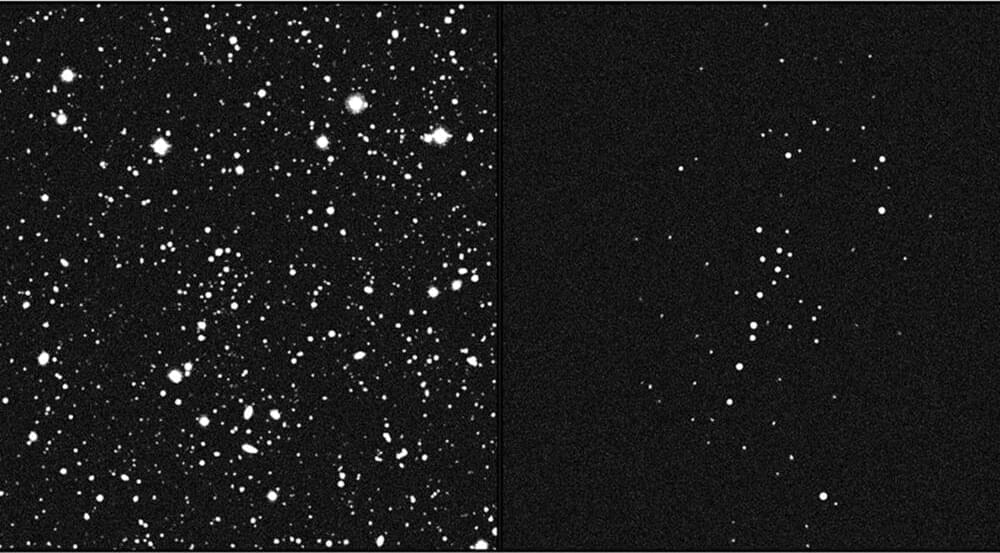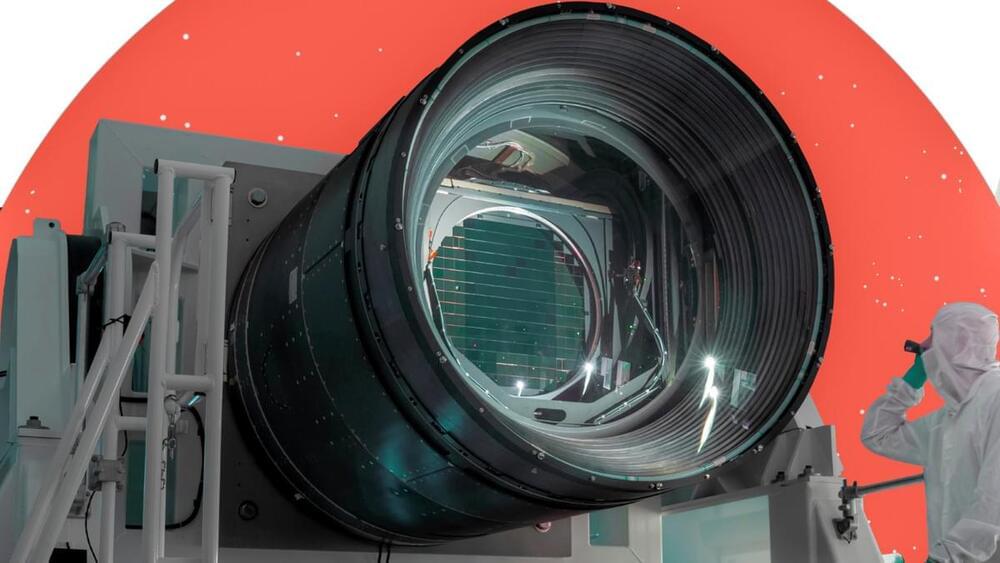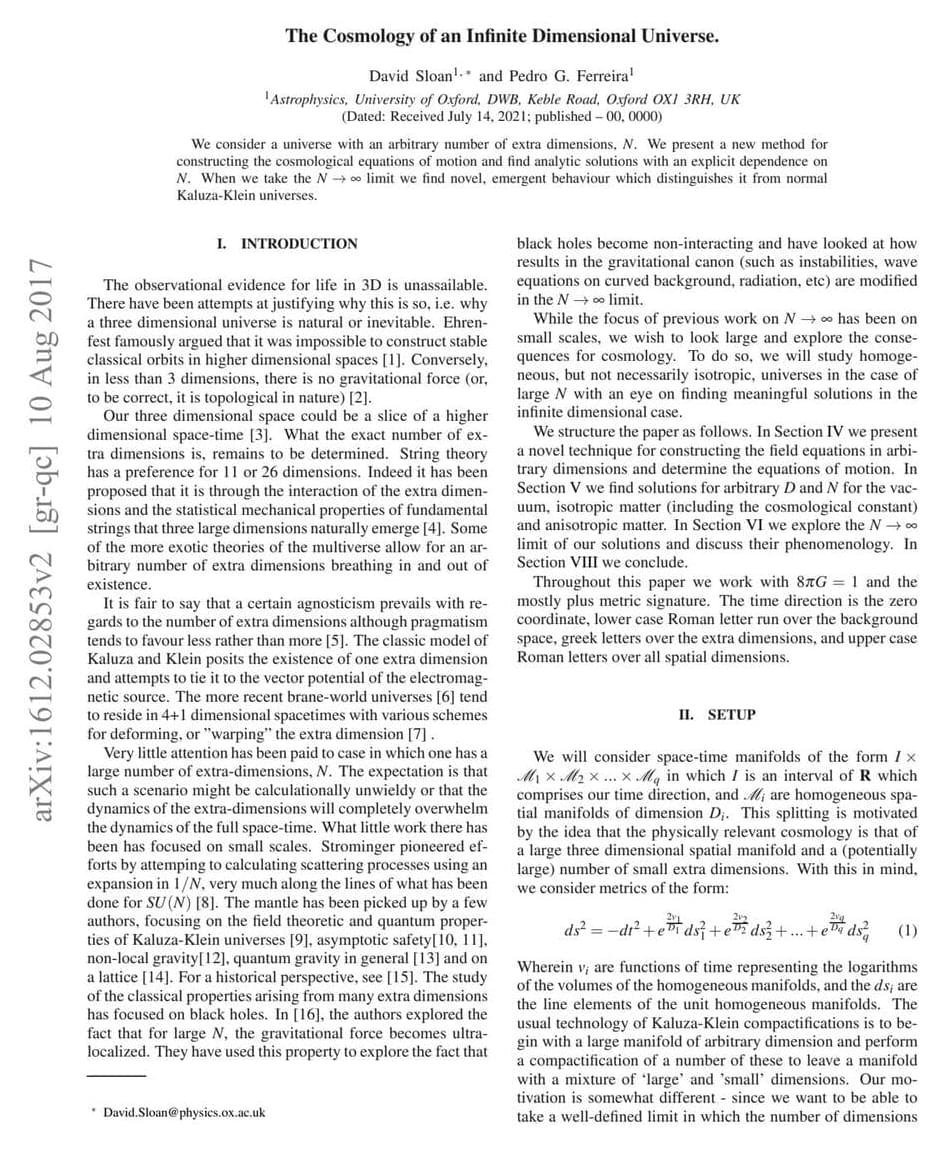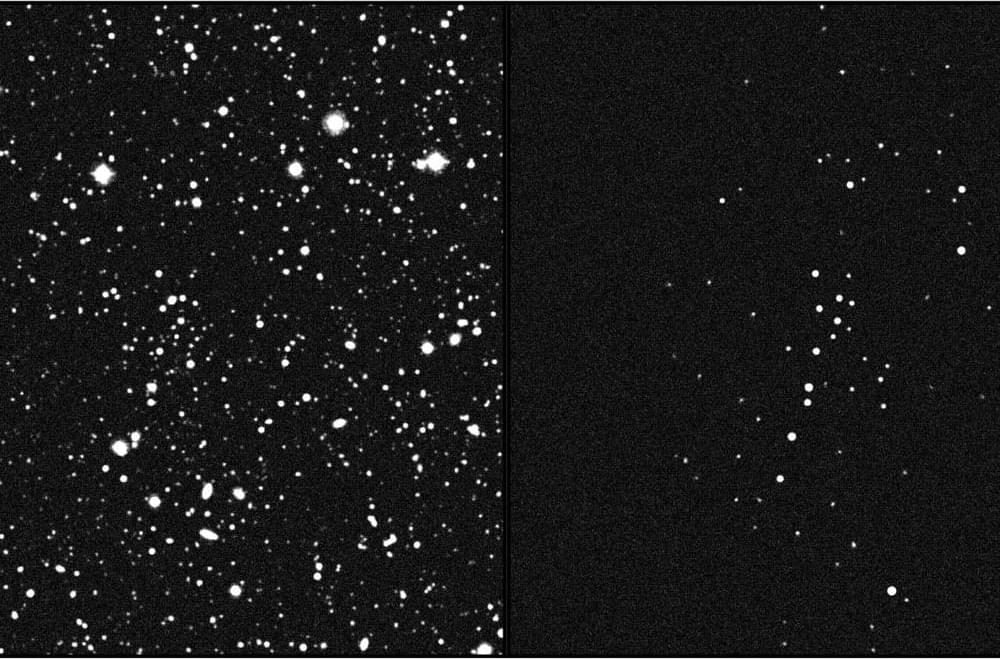But when it comes to the origin of the Universe, we don’t know what forces are at play. We actually can’t know, since to know such force (or better, such fields and their interactions) would necessitate knowledge of the initial state of the Universe. And how could we possibly glean information from such a state in some uncontroversial way? In more prosaic terms, it would mean that we could know what the Universe was like as it came into existence. This would require a god’s eye view of the initial state of the Universe, a kind of objective separation between us and the proto-Universe that is about to become the Universe we live in. It would mean we had a complete knowledge of all the physical forces in the Universe, a final theory of everything. But how could we ever know if what we call the theory of everything is a complete description of all that exists? We couldn’t, as this would assume we know all of physical reality, which is an impossibility. There could always be another force of nature, lurking in the shadows of our ignorance.
At the origin of the Universe, the very notion of cause and objectivity get entangled into a single unknowable, since we can’t possibly know the initial state of the Universe. We can, of course, construct models and test them against what we can measure of the Universe. But concordance is not a criterion for certainty. Different models may lead to the same concordance — the Universe we see — but we wouldn’t be able to distinguish between them since they come from an unknowable initial state. The first cause — the cause that must be uncaused and that unleashed all other causes — lies beyond the reach of scientific methodology as we know it. This doesn’t mean that we must invoke supernatural causes to fill the gap of our ignorance. A supernatural cause doesn’t explain in the way that scientific theories do; supernatural divine intervention is based on faith and not on data. It’s a personal choice, not a scientific one. It only helps those who believe.
Still, through a sequence of spectacular scientific discoveries, we have pieced together a cosmic history of exquisite detail and complexity. There are still many open gaps in our knowledge, and we shouldn’t expect otherwise. The next decades will see us making great progress in understanding many of the open cosmological questions of our time, such as the nature of dark matter and dark energy, and whether gravitational waves can tell us more about primordial inflation. But the problem of the first cause will remain open, as it doesn’t fit with the way we do science. This fact must, as Einstein wisely remarked, “fill a thinking person with a feeling of humility.” Not all questions need to be answered to be meaningful.
